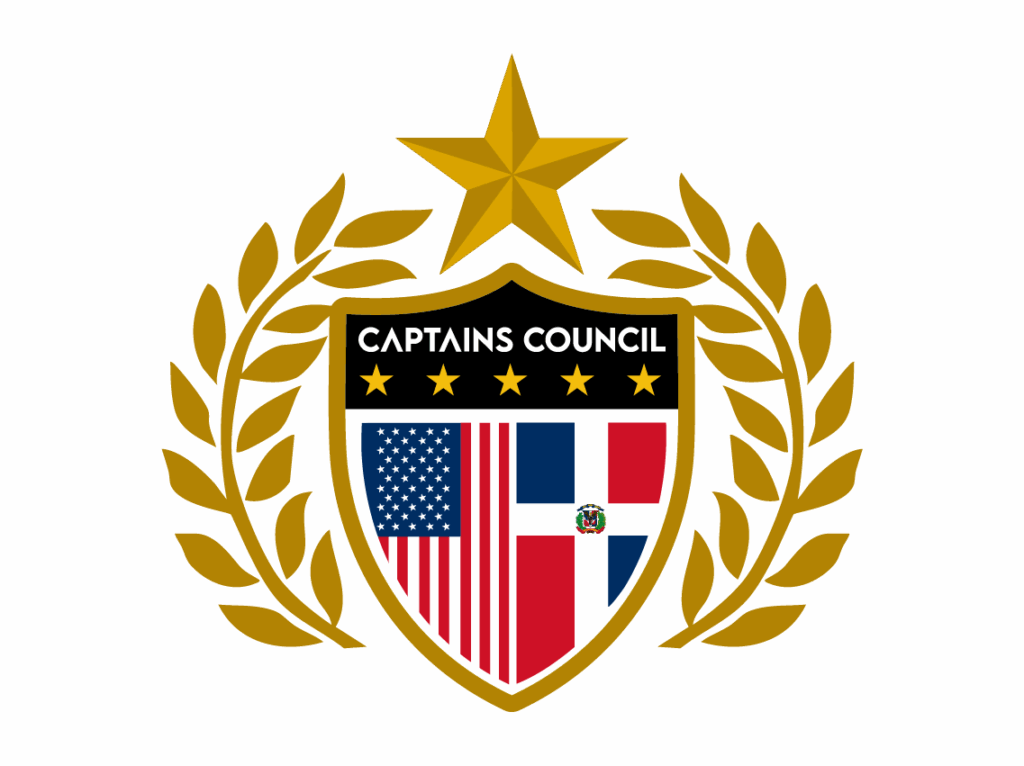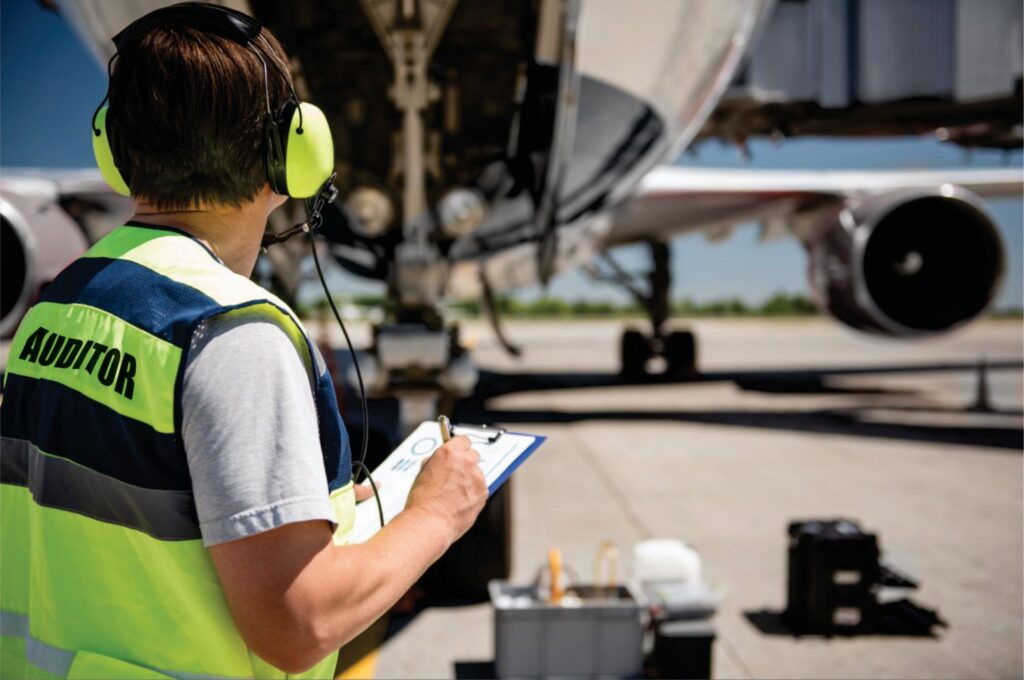The Line Operations Safety Audit (LOSA) program was established as a fundamental pillar of the Safety Management System (SMS), designed to allow airlines to internally evaluate their operations in accordance with their approved operational specifications. One of the most important aspects of the program is that the audits are conducted by designated pilots who are independent from airline management or affiliated unions. These auditors monitor safety-related data while following a strict reporting protocol.
LOSA audits are carried out exclusively using information gathered during actual flight operations—without simulations or interventions. Crucially, the names of the observed personnel are completely removed from the reports, which allows safety teams to focus on identifying systemic deficiencies that may affect an airline’s operations.
Additionally, LOSA auditors are prohibited from interfering or sharing information about the crews operating the observed flights. This non-intrusive approach fosters a just culture, where safety-related information flows freely and without fear of retaliation. A just culture encourages crew members to honestly report risks or observations, which is essential for early detection of issues and for promoting continuous safety improvement.
Global Implementation and Volunteerism
LOSA audits originated in the United States and have been adopted by numerous countries worldwide. Many of these nations allow certified LOSA auditors from other countries to evaluate their national airlines, taking advantage of a global pool of aviation experts. These auditors, for the most part, participate voluntarily and at no cost to the host country, dedicating many hours away from home in support of global aviation safety.
The Aviation Renaissance in the Dominican Republic
The Dominican Republic is currently experiencing a significant renaissance in the aviation sector, driven by major investments in infrastructure and aeronautical development. However, this rapid growth has outpaced the availability of trained personnel with operational experience within the country.
It is important to remember that the last major national airline, Dominicana de Aviación, ceased operations in 1999, triggering a large migration of aviation talent abroad. Many of these professionals have been reluctant to return, leaving a gap in operational knowledge within the local industry.
Currently, the country hosts an unprecedented number of airlines either in operation or undergoing certification, including Arajet, SkyHigh, Sky Link, among others. The Dominican Civil Aviation Institute (IDAC) has made great efforts to recruit and train personnel to ensure effective oversight, though the demand continues to exceed the available supply of qualified professionals.
LOSA as a Strategic Solution
Implementing the LOSA program in the Dominican Republic represents a strategic and cost-effective solution to current operational safety challenges. Participation in LOSA offers multiple benefits:
- Leverages international expertise through collaborative audits.
- Identifies systemic operational risks in a non-punitive environment.
- Promotes a culture of safety and transparency between crews and management.
- Enhances IDAC’s oversight capacity, complementing it with internationally recognized practices.
Cost Considerations
One of the most attractive aspects of the LOSA program is its low cost. Audits are generally conducted by volunteer inspectors—aviation professionals who donate their time and expertise without imposing financial burdens on the host country. This significantly reduces the financial load for both the government and participating airlines.
The only associated expenses are minimal logistical costs, such as travel coordination, lodging, and administrative support. Compared to the high financial and reputational costs that can result from a safety incident, LOSA offers an exceptionally high return on investment by identifying risks before they become accidents.
Conclusion
The LOSA program presents a practical and timely opportunity for the Dominican Republic to strengthen its operational safety framework. By adopting this internationally recognized model, the country can protect its growing aviation sector, reinforce the capabilities of its regulatory authorities, and align itself with the highest global standards in aviation safety.




